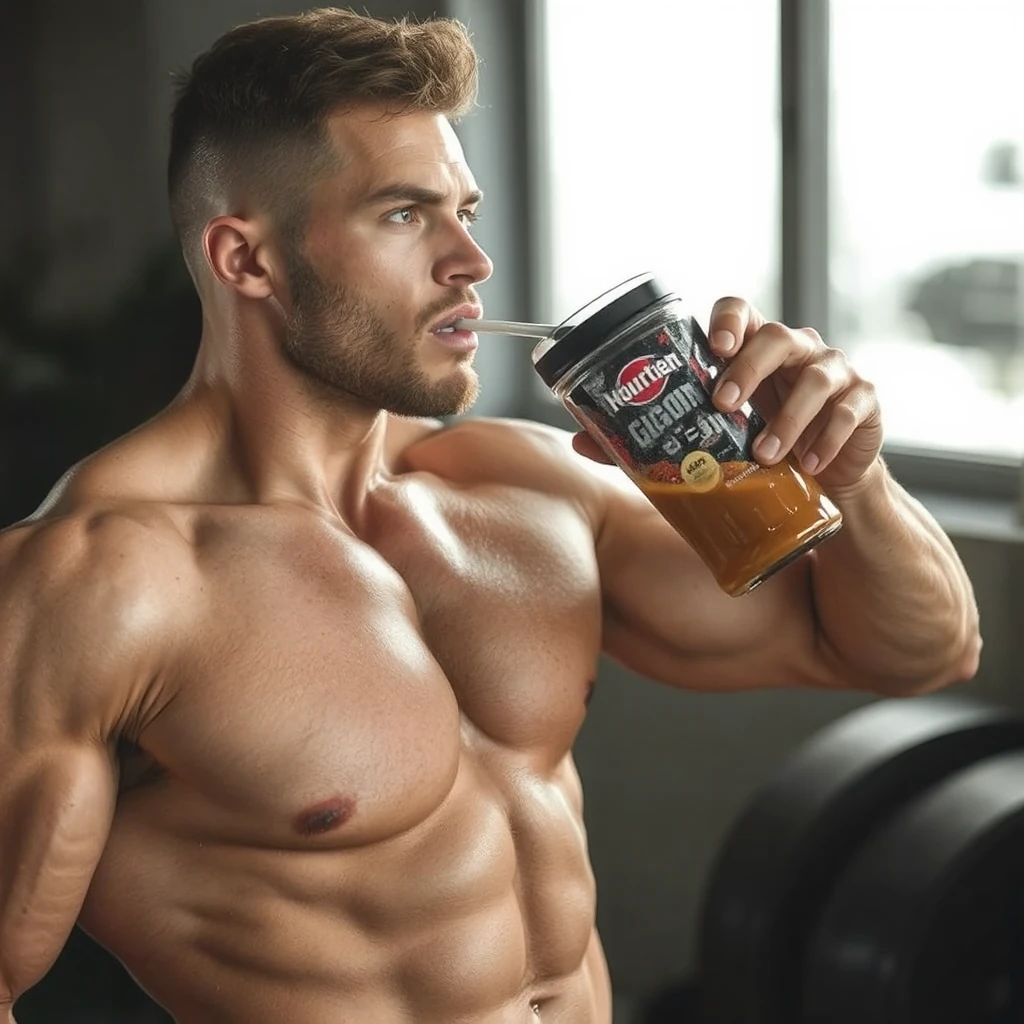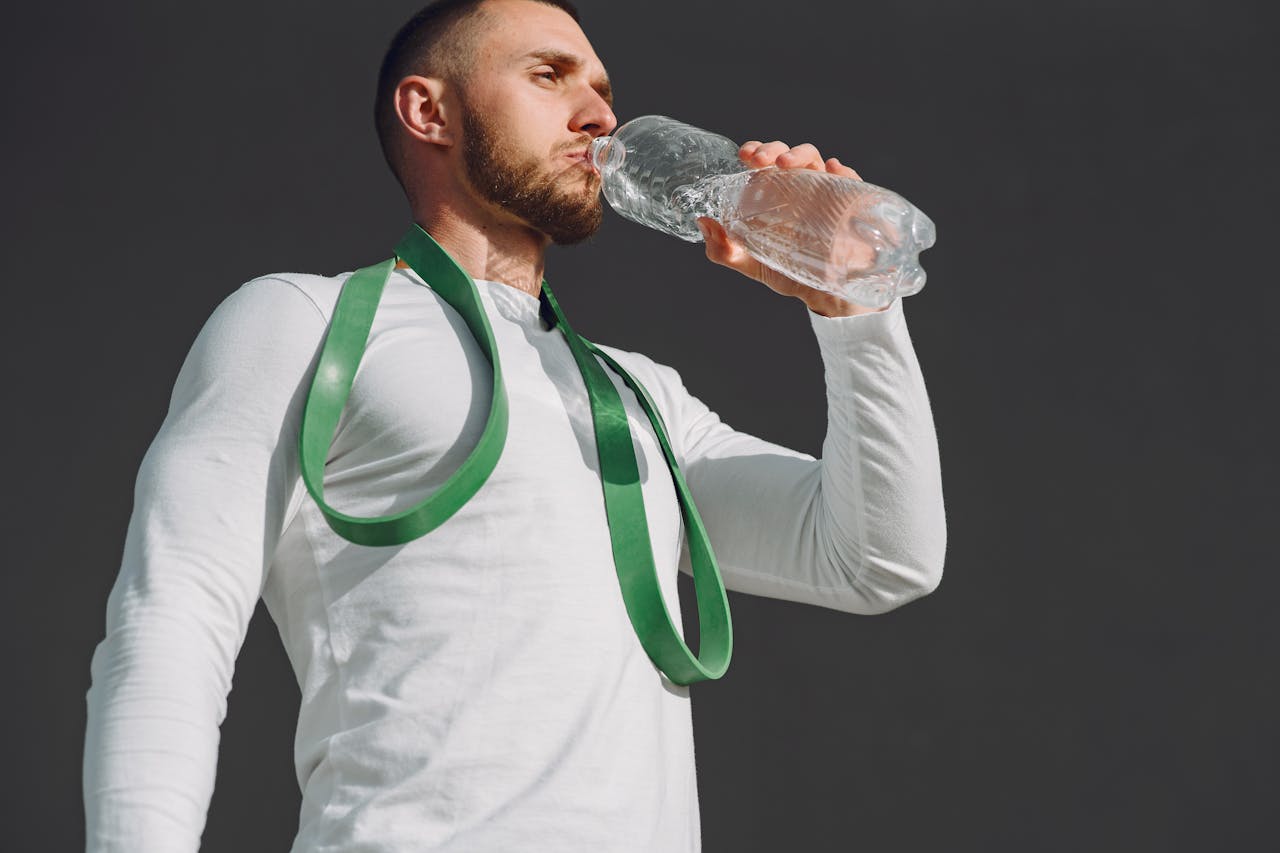Last Updated on February 14, 2025
Staying hydrated is essential for your health and well-being, especially if you’re active. Proper hydration supports various body functions, such as regulating temperature, keeping joints lubricated, preventing infections, and delivering nutrients to cells. Whether you’re an athlete, a casual gym-goer, or someone who enjoys light exercise, understanding your water needs is crucial. Our Water Intake Calculator offers a simple and effective way to estimate how much water you should drink based on your weight and exercise duration. This post dives deep into why hydration matters, how the calculator works, and tips to optimize your water intake.
Why is Hydration Important?
Water is more than just a thirst quencher. It plays a vital role in several bodily functions:
- Temperature Regulation: Your body uses sweat to cool down when temperatures rise or during physical activity. Replenishing lost fluids is essential to avoid overheating.
- Cell Function and Nutrient Transportation: Water aids in carrying nutrients and oxygen to cells and removing waste products, ensuring that your body functions efficiently.
- Joint Lubrication and Muscle Recovery: Adequate hydration keeps joints lubricated, reducing the risk of injuries during physical activities. It also aids muscle recovery and prevents cramps.
- Cognitive Function: Dehydration can lead to fatigue and impaired concentration. Staying hydrated ensures your brain remains alert and functioning optimally.
The Science Behind the Water Intake Calculator
The Water Intake Calculator estimates how much water you need based on two key factors: body weight and exercise duration. Understanding these factors can help you adjust your intake to maintain optimal hydration levels.
- Body Weight: The heavier you are, the more water your body needs to maintain equilibrium. Larger bodies have a greater volume of blood and tissues that require hydration.
- Exercise Duration: Physical activity causes water loss through sweat, which needs to be replenished. The intensity and length of your workout directly affect how much water you lose. For example, a one-hour high-intensity workout will deplete more fluids than a casual 30-minute walk.
How the Calculator Works
Our Water Intake Calculator uses a simple formula:
- Baseline Hydration: Start with half your body weight in ounces. For example, if you weigh 150 pounds, your baseline would be 75 ounces of water per day.
- Additional Hydration for Exercise: For every 30 minutes of exercise, add 12 ounces of water. If you plan to work out for an hour, you would add 24 ounces to your baseline.

Here’s a step-by-step guide on how to use the calculator:
- Enter Your Weight: Input your weight in pounds or kilograms. This sets the baseline hydration amount.
- Enter Exercise Duration: Choose how long you plan to exercise each day. This adds to your baseline to account for the additional water lost through sweat.
- View Your Recommended Intake: The calculator will display the total amount of water you should aim for each day.
Factors That Affect Your Hydration Needs
Hydration is not a one-size-fits-all approach. Various factors influence how much water you need, including:
- Climate and Temperature: If you live in a hot or humid climate, you’ll sweat more, increasing your water needs. Similarly, exercising in these conditions requires more water intake.
- Exercise Intensity: High-intensity or prolonged exercise increases sweat production, leading to more fluid loss.
- Age and Health Conditions: Older adults and people with certain medical conditions (like diabetes) may need more water to stay properly hydrated.
- Diet: High-protein, high-sodium, or caffeinated diets may require you to drink more water to balance out these dehydrating factors.
- Altitude: If you’re at a higher altitude, your body loses water faster, so you’ll need to drink more to stay hydrated.
The Risks of Dehydration and Overhydration
While proper hydration is vital, it’s also essential to avoid both dehydration and overhydration:
- Dehydration: Symptoms include fatigue, dizziness, dry mouth, and reduced urine output. Severe dehydration can lead to more serious health issues like kidney stones, urinary tract infections, or heatstroke.
- Overhydration (Hyponatremia): Drinking too much water can dilute the sodium levels in your blood, causing an imbalance. Symptoms include nausea, headache, and in extreme cases, seizures or coma.
Using a water intake calculator helps you strike the right balance, ensuring you drink enough to meet your body’s needs without overdoing it.
Tips for Maintaining Proper Hydration
Now that you understand your hydration requirements, here are some practical tips to help you stay hydrated throughout the day:
- Start Your Day with Water: Kickstart your metabolism by drinking a glass of water first thing in the morning.
- Carry a Water Bottle: Keep a reusable water bottle with you to remind yourself to drink regularly, especially during work or while running errands.
- Set Reminders: Use apps or phone alarms to remind you to take a sip every hour.
- Monitor Your Urine: A clear or pale yellow color indicates good hydration, while darker colors suggest you need more water.
- Eat Water-Rich Foods: Include fruits and vegetables like watermelon, cucumber, and oranges in your diet to boost your hydration levels naturally.
- Adjust for Activity: If you plan to exercise or spend time outdoors, make sure to drink extra water before, during, and after the activity.
Debunking Hydration Myths
Let’s clear up some common misconceptions about hydration:
- Myth 1: You Must Drink 8 Glasses of Water a Day
This is a generic guideline. While it may work for some, others may need more or less depending on their weight, activity level, and environment. - Myth 2: Thirst is a Reliable Indicator
By the time you feel thirsty, you may already be slightly dehydrated. It’s better to have a consistent hydration plan rather than relying solely on thirst. - Myth 3: Coffee and Tea Don’t Count Towards Hydration
While caffeine is a diuretic, moderate consumption of coffee and tea can still contribute to your overall fluid intake. Just be mindful not to overconsume these drinks.
Special Considerations: Athletes and Active Individuals
If you’re an athlete or someone who engages in intense physical activity, your water needs are higher than the average person’s. Here’s how you can optimize hydration for peak performance:
- Pre-Workout Hydration: Drink 17-20 ounces of water about two hours before exercise to ensure you’re starting fully hydrated.
- During Exercise: Sip water every 15-20 minutes, especially if your workout lasts more than an hour. For endurance activities, consider electrolyte-infused drinks.
- Post-Workout Recovery: Rehydrate by drinking 16-24 ounces of water for every pound of body weight lost during exercise. Weigh yourself before and after workouts to monitor your water loss accurately.
The Role of Electrolytes in Hydration
When you sweat, you not only lose water but also essential electrolytes like sodium, potassium, and magnesium. Electrolytes are crucial for maintaining fluid balance, muscle function, and overall health. While plain water works for light activities, you might need electrolyte-rich beverages if you engage in prolonged or intense exercise.
Electrolyte-Rich Foods:
- Bananas: A great source of potassium.
- Coconut Water: Natural and hydrating.
- Leafy Greens: Packed with magnesium.
- Nuts and Seeds: Offer magnesium and other minerals.
Frequently Asked Questions About Water Intake
1. How do I know if I’m drinking enough water?
Check your urine color—clear or light yellow indicates good hydration.
2. Can I drink too much water?
Yes, drinking excessively can lead to hyponatremia, where sodium levels drop too low. Balance is key.
3. Does drinking water help with weight loss?
Staying hydrated can boost metabolism and reduce hunger, potentially aiding weight loss when combined with a balanced diet and exercise.
4. Is sparkling water as hydrating as still water?
Yes, as long as it doesn’t contain sugar or excessive sodium, sparkling water is just as hydrating.
Hydration is a fundamental aspect of health and fitness. Understanding your specific water needs through tools like the Water Intake Calculator can make it easier to stay properly hydrated. Remember that factors such as body weight, exercise duration, and environmental conditions play significant roles in determining how much water you need. By staying informed and using practical tips, you can ensure you’re giving your body the hydration it needs to perform at its best.








